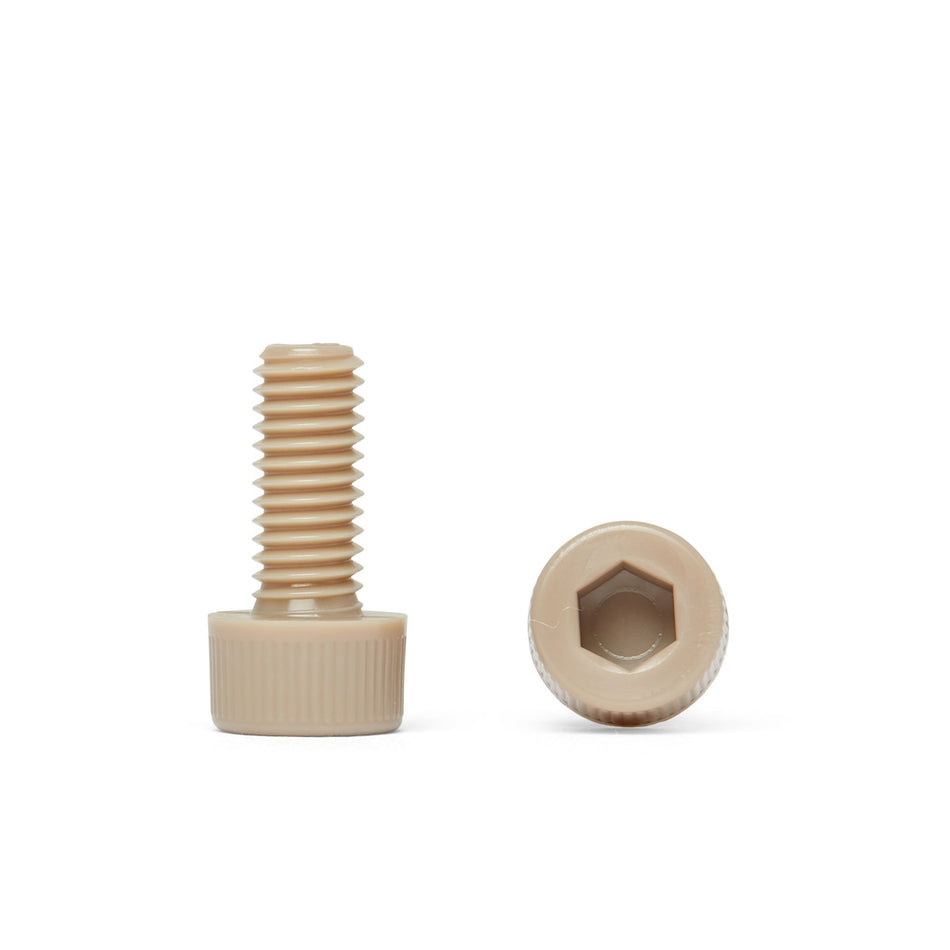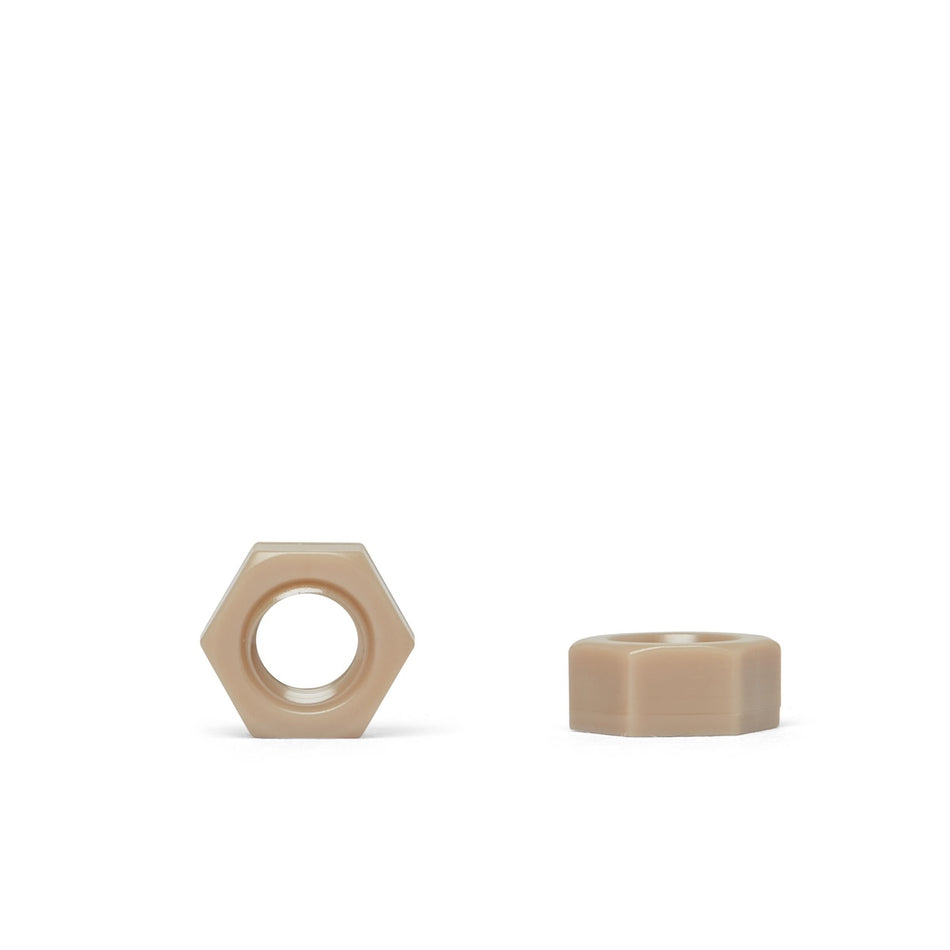108 Products

Particle Research Polymer Fasteners such as Screws, Nuts, Bolts, Washers
Particle research is the study of the properties and behavior of individual particles, such as atoms, molecules, and ions. It encompasses a wide range of scientific fields, including physics, chemistry, and biology, and may involve the use of a variety of techniques and tools, such as accelerators, spectrometers, and microscopes.
Polymer fasteners, such as screws, nuts, bolts, and washers, may be used in particle research in a variety of ways, depending on the specific needs and requirements of the research project. Some possible applications of these fasteners in particle research include:
-
Assembling and securing equipment and instruments: Polymer fasteners can be used to assemble and secure various pieces of equipment and instruments used in particle research, such as particle accelerators, spectrometers, and microscopes. They may be preferred over metal fasteners due to their lightweight and corrosion-resistant properties.
-
Attaching and mounting devices and sensors: Polymer fasteners can be used to attach and mount various devices and sensors used in particle research, such as sensors for monitoring temperature, pressure, and other environmental conditions. These fasteners may be preferred due to their insulation properties, which can help protect sensitive devices from electrical interference.
-
Fixing and securing samples and specimens: Polymer fasteners can be used to fix and secure samples and specimens for study, such as materials for testing and evaluation, or biological samples for research. They may be preferred due to their corrosion-resistant properties, which can help prevent contamination of the samples.
-
Securing and attaching labels and tags: Polymer fasteners can be used to secure and attach labels and tags to samples and specimens in order to identify and track them.
Overall, the use of polymer fasteners in particle research can help improve the efficiency, accuracy, and reliability of research projects by providing durable and reliable fastening solutions.
Particle research is the study of the properties and behavior of individual particles, such as atoms, molecules, and ions. It encompasses a wide range of scientific fields, including physics, chemistry, and biology, and may involve the use of a variety of techniques and tools, such as accelerators, spectrometers, and microscopes.
The particle research industry is made up of organizations and institutions that conduct research in this area, including universities, government agencies, and private research firms. Particle research may be applied in a variety of fields, including materials science, energy production, medical research, and environmental science.
Some examples of research areas within particle research include:
- Particle physics: studying the fundamental nature of matter and energy, including the properties and interactions of subatomic particles such as quarks and leptons
- Particle chemistry: studying the behavior and properties of individual atoms and molecules, including their structure, reactivity, and spectra
- Particle biology: studying the behavior and properties of individual cells, molecules, and other biological particles, including their structure, function, and interactions
Particle research has many practical applications, including the development of new materials, the understanding of the fundamental nature of the universe, and the development of new therapies and treatments. It also has the potential to provide insights into fundamental questions about the nature of matter and the origins of the universe.
































